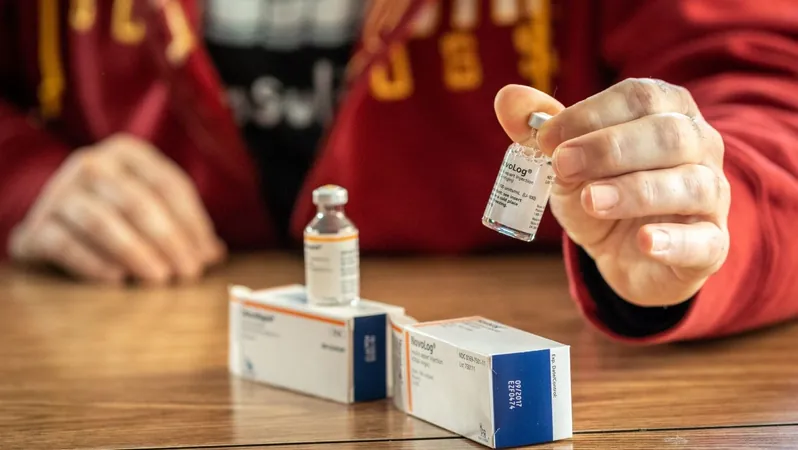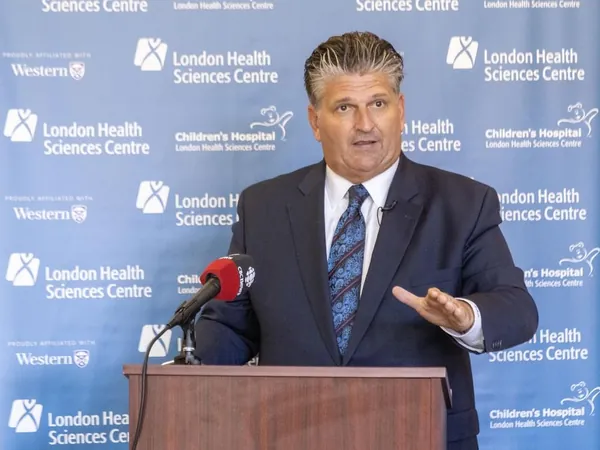
Indiana Woman Champions for Universal Insulin Price Cap Amidst Drug Discontinuation Crisis
2024-09-30
CRAWFORDSVILLE, Ind. — Molly King, a 31-year-old advocate from Crawfordsville, has utilized insulin to manage her Type 1 diabetes for the past 13 years. Her world was turned upside down when she learned that Levemir, the long-acting insulin she relies on, will disappear from pharmacies at the end of 2023.
Diagnosed at just 18 years old, King spent years working with healthcare professionals to stabilize her condition using Levemir alongside a short-acting insulin. The abrupt announcement from Levemir's manufacturer about its discontinuation came as a shock, attributed to “manufacturing constraints.”
Panic set in for King once the reality of the situation sank in. She explained the difficulties of switching medications, particularly how finely tuned her body has become to her current treatments. “Changing medications affects so many factors like my insurance and my body’s acclimation process,” she remarked.
After consulting her healthcare team, King was confronted with another hurdle: the new long-acting medication she needed to consider would be prohibitively expensive. “There have been times when I couldn't afford my medication, leading to hospitalizations and diabetic comas,” she recounted, highlighting the harsh realities many face due to rising insulin costs.
King emphasized the grim reality that nearly half of people globally lack access to insulin. This alarming statistic drives her advocacy with the nonprofit T1International, where they are fighting for a universal price cap on insulin in the United States. The diabetes treatment landscape is dominated by three major pharmaceutical giants—Novo Nordisk, Sanofi, and Lilly—creating an environment where they can dictate prices without accountability.
“Affordable healthcare and a healthy life should be a fundamental human right,” King proclaimed, urging lawmakers to take action in light of the upcoming elections.
She criticized both major political parties, asserting their claims of capping insulin prices at $35 nationwide are misleading. The current legislation only implements a copay cap for those enrolled in Medicare and Medicaid, leaving millions of uninsured or privately insured patients without relief.
“This issue transcends party lines; it's about people and the urgent need for access to affordable insulin,” said King, as she calls on advocates and legislators to recognize the pressing need for a universal price cap on insulin.
As conversations around healthcare continue to grow, King's story serves as a poignant reminder of the need for systemic reform, urging us all to consider the lives affected by these high costs.









 Brasil (PT)
Brasil (PT)
 Canada (EN)
Canada (EN)
 Chile (ES)
Chile (ES)
 España (ES)
España (ES)
 France (FR)
France (FR)
 Hong Kong (EN)
Hong Kong (EN)
 Italia (IT)
Italia (IT)
 日本 (JA)
日本 (JA)
 Magyarország (HU)
Magyarország (HU)
 Norge (NO)
Norge (NO)
 Polska (PL)
Polska (PL)
 Schweiz (DE)
Schweiz (DE)
 Singapore (EN)
Singapore (EN)
 Sverige (SV)
Sverige (SV)
 Suomi (FI)
Suomi (FI)
 Türkiye (TR)
Türkiye (TR)